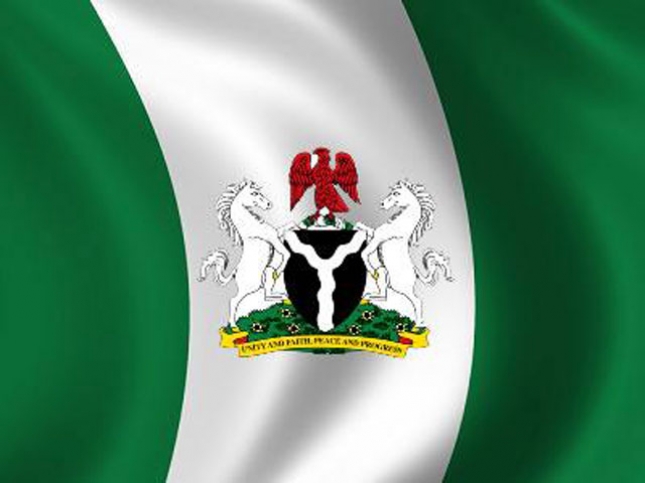The Federal Government will soon unveil National Strategy for Strategic Communications (NSSC) aimed to tackle the ideology and narrative of the Boko Haram terrorists and other insurgent groups in the country.
The strategy which is similar to the Soft-Approach programme of the previous administration will coordinate government communication across the Ministries, Department and Agencies (MDAs) and reinforce their core-values towards de-radicalisation of terrorists.
Speaking at a two-day ‘Counter Violent Extremism (CVE)-Media Round Table’ in Abuja, a Deputy Director in the Office of the National Security Adviser (ONSA), Ahmad Gusau said the NSSC, is a policy document put together by ONSA with the technical support of the EU.
Mr. Gusau who represented the National Security Adviser (NSA), Maj-Gen. Babagana Mongonu (rtd) at the occasion said: “A validation workshop on the draft NSCC was held in June, 2015 and contributions of the various departments of government and other stakeholders are being integrated before the document would be approved and unveiled.
“It will interest you to know that the draft NSSC has as one of its six focus areas, the relationship between government and the media.”
To this end, he added that the media round table was aimed “to draw the attention of the media to current understanding of terrorists use of media and violent extremism in Nigeria, including the ISIS, which has since incorporated Boko Haram, and ways in which both groups radicalise, propagandise and recruit by exploiting the media”.
He however, noted that “the media has since recognised that insurgents were enemies of the Nigerian state whose violent activities have a negative impact on our collective life”.
“This continues to reflect in the way the Nigerian press report on Boko Haram,” he added.
In the same vein, the Head of Section: Political, Press and Information (EU Delegation), Ms Pauline Torehall, stressed that terrorism can occur in the absence of the media – but national and international media are often vital to violent ideological movements that want to disseminate a message – with the purpose to influence governments and populations alike.
Torehall noted that “since the popularisation of the internet and social media, websites such as Twitter, YouTube and Facebook have all also been engaged by extremist groups to recruit and propagandise”.
According to her, governments worldwide are now increasingly aware that countering violent extremism involves consideration of the multiple platforms on which extremist messages can be spread.
She said that media round table was a vital keystone in the work of Strategic Communications, given the diverse and powerful Nigerian press, and its influence, with over 50 journalists and professionals of the media sector from at least 40 institutions across Nigeria participating.
“Some international media organisations have used research to create guidelines on the responsible reporting of violent extremism; it is maybe useful to debate around the idea of working towards specific guidance on the issue of reporting violent extremism for journalists and taking into consideration the guidelines that exist already within your different organisations,” she stated.
Torehall said that “While Nigeria’s journalists have reported across the decades on civil war, dictatorship, and violence, the Boko Haram insurgency represents a new context for local and international media alike.






